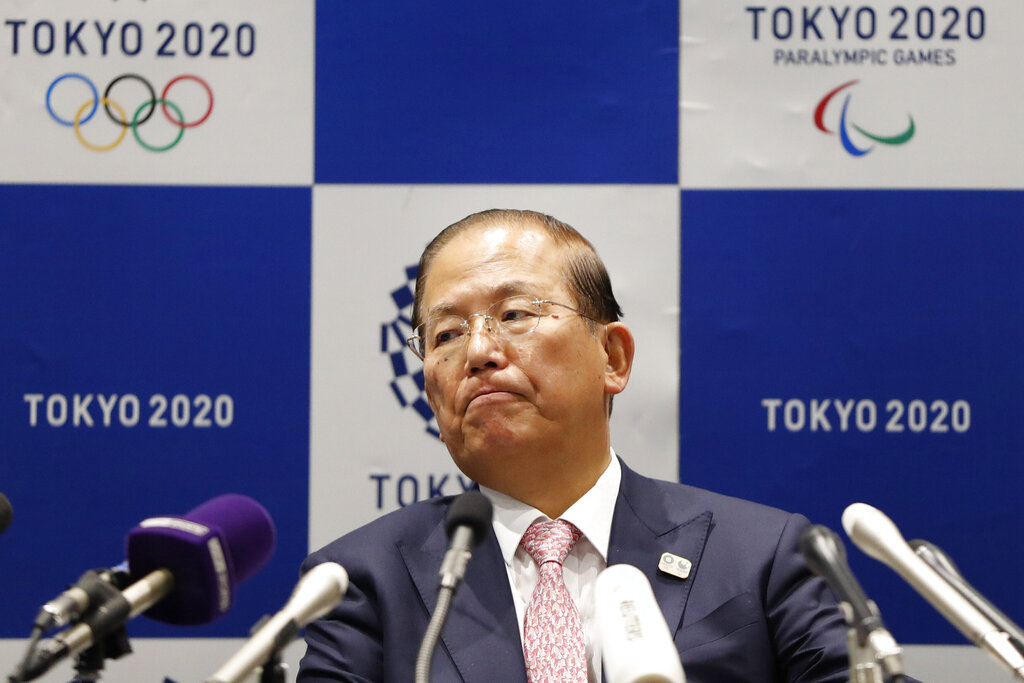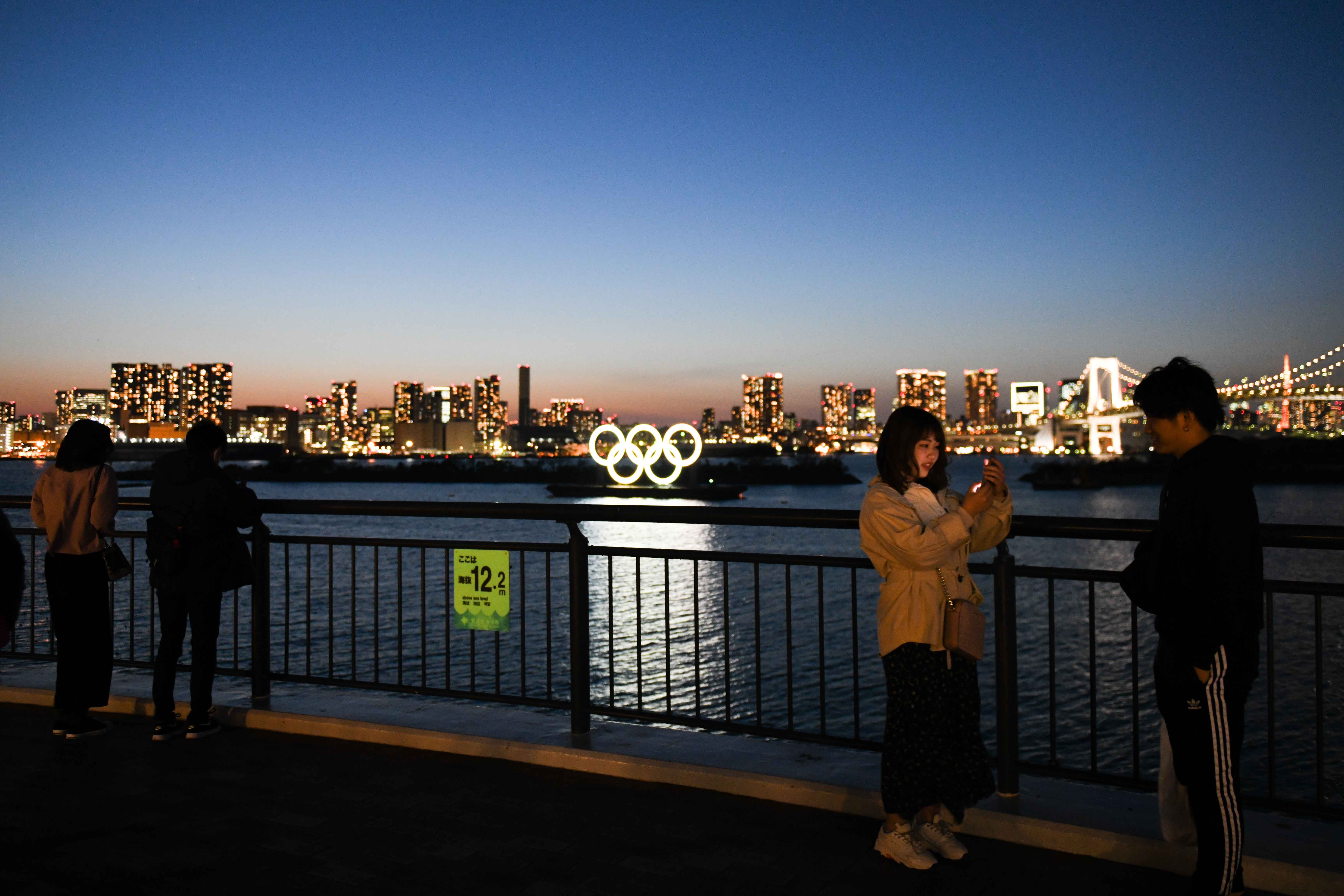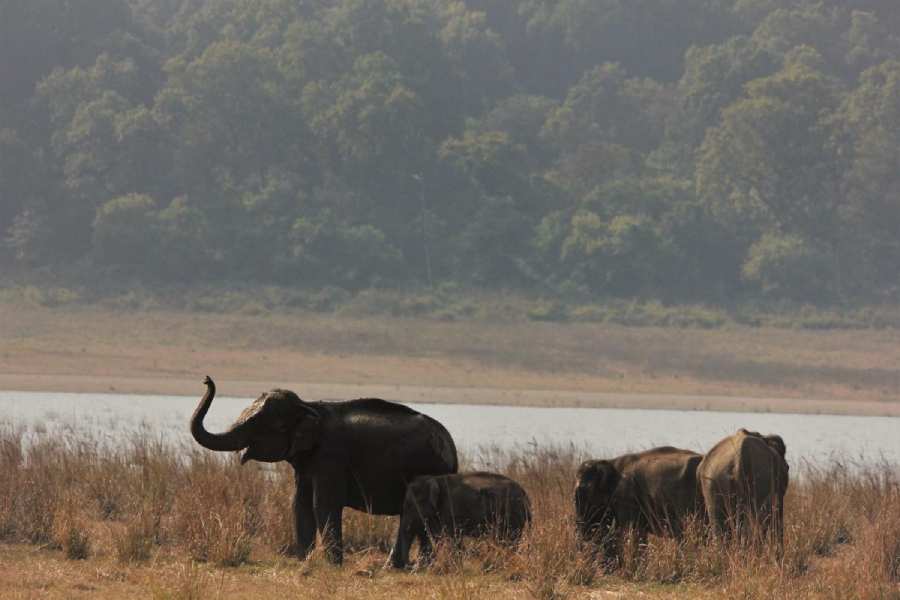Bach, who has endured significant criticism over his handling of the coronavirus outbreak, described reorganizing the games as a challenge that would pay off.
Among the issues that organizers must address are contracts worth billions of dollars with broadcast partners and sponsors, as well as securing venues and maintaining vital infrastructure that must be mothballed for a year.
The cost of the delay will be felt most sharply in Japan. Local organizers have described the cost of rescheduling what had already been described as the “Recovery Olympics” — a reference to the rebuilding effort after a deadly earthquake and tsunami in 2011 that damaged a nuclear reactor in Fukushima — as “enormous.” Estimates vary, but none put the extra cost to Japan at less than $2 billion.
Like previous Olympics, the actual cost of organizing and executing the Tokyo Games will be much higher than the budget Tokyo first presented. The 2020 organizers say they are spending $12.6 billion to stage the games, while a government audit report published last year said the actual cost was several billions more because of the construction of secondary infrastructure.
For Japan, the Olympics has been a national project, one which domestic companies have stepped forward to support in numbers unmatched by any previous Olympics. The national sponsorship program had brought in more than $3 billion in sponsorship revenue, three times more than at any previous Olympics.
Masa Takaya, a spokesman for the organizers, said they had not yet started discussing the costs of the delay with sponsors but hoped they could count on their continued backing.
“We appreciate if sponsors extend the contract terms and keep supporting us,” Takaya said.
The traditional July-August date means the IOC will probably be able to call on the presence of top players from soccer, tennis and golf, some of the biggest names in global sports and a big attraction for television audiences.
Now that the date has been set, the next challenge will be to reorganize the qualifying competitions. Bach said athletes who have already qualified would be guaranteed a place for 2021.
The Summer Olympics in Tokyo, pushed back a year because of the coronavirus pandemic only after Olympic officials and Japanese organizers bowed to widespread pressure, will now open July 23, 2021, Tokyo 2020 organizers said Monday. The games will run through Aug. 8.
Thomas Bach, the International Olympic Committee president, told sports federations on a conference call a short while before the announcement that the date was picked to give organizers the maximum time to deal with the fallout from the coronavirus. When he called for a show of support on the call, it was unanimous.
Bach did not say why the games could not take place even later.
The postponement has set off an array of complex planning decisions for the IOC and the Tokyo organizers. The changes must take into account stakeholders whose needs differ wildly, including athletes desperate to know how and when to resume training, and broadcast and commercial partners who will recast their own campaigns.
The Tokyo 2020 organizing committee Monday announced measures aimed at reducing some of the disruption. It said that the thousands of volunteers who had been offered positions would be retained for next year and that tickets remained valid, but full refunds would be given to those who could no longer attend.
The opening ceremony had been scheduled for July 24 this year. Organizers had said they would consider several alternatives, but hosting the event as close to the original time quickly emerged as a preferred option among officials in Japan and elsewhere.
The IOC had said a decision was likely to take weeks, but it ultimately came to a faster resolution after talks with Japanese authorities, athlete groups, commercial partners and sports organizations whose plans had been left in limbo.
The announcement came after a flurry of conference calls over the weekend stretched into Monday as the IOC moved to get all its stakeholders in alignment. Less than two weeks ago, the head of the Olympic committee was insisting that the games would go on as scheduled, even after a pandemic had been declared.
“I am confident that, working together with the Tokyo 2020 organizing committee, the Tokyo metropolitan government, the Japanese government and all our stakeholders, we can master this unprecedented challenge,” Bach said in a statement Monday.
By having the Olympics on essentially the same dates, just a year later, organizers will avoid competing with most major sporting leagues in Europe and the United States when they are in the heart of their seasons.
The date is also likely to suit the Olympics broadcaster in the United States, NBCUniversal, whose rights fees make up more of the IOC’s income than any other single entity.
But the decision also means the games will take place during the hottest time of the year in Tokyo, an issue that was causing worry and complications before the coronavirus outbreak became an issue. The Olympic marathon was moved to Sapporo, a cooler city in the north, and organizers had planned several measures to try to keep fans and competitors cool.
Some federations — including those representing swimming, table tennis, equestrian and triathlon — expressed a preference for a spring games during a call last week with Bach.
But most remained neutral or called for the games to remain set for the summer. Perhaps the most notable backer for a Summer Olympics was track and field, even though the new date for the Olympics means its world championships, set to open in August, will have to be rearranged.
The IOC also wanted to steer clear of soccer championships in Europe and South America, which usually take place in June and are being moved to 2021. That would have risked forcing many soccer players to skip the Olympics so they could compete in their regional championships.
For the athletes, the decision will bring some welcome clarity to what has been a continually changing situation. The IOC’s initial indecision and slow action in the face of the spreading pandemic led to growing criticism from scientists and athlete groups in the United States and Europe whose training schedules were obliterated by movement restrictions on vast sections of the population. Most major sports had paused their competitions before Olympic organizers bowed to the inevitable.
Even those who could continue to train normally expressed concerns that the absence of a firm start date meant they could not calibrate their schedules to ensure they were at their peak levels for the games.
The path toward a reset summer games looked much more likely when the head of track and field’s global governing body, Sebastian Coe, said he was open to moving its world championships, set for next summer in Eugene, Oregon.
He went further than that Friday, telling a group of reporters that moving track and field’s main event to 2022 may in fact be beneficial.
“You may have world championships in consecutive years where we wouldn’t normally have had that,” he said. “But for athletics, it’s not such a bad thing. To go from 2021 Olympic Games into two editions of the world championships, ’22 — possibly ’22 — ’23 we’re in Budapest, and then into the Olympic Games in Paris in ’24.
“It would offer athletics center stage at a very public point of the year,” he added. “So let’s look at it from a slightly optimistic way of being able to punch our sport into the homes of many more people over a four-year consecutive cycle.”
The move may also help to divert the spotlight away from an investigation by French and American authorities into how hosts for world track and field championships have been chosen.

Tokyo 2020 Organizing Committee CEO Toshiro Muto attends a news conference after a Tokyo 2020 Executive Board Meeting in Tokyo Monday, March 30, 2020. Tokyo Olympic President Yoshiro Mori said Monday he expects to talk with IOC President Thomas Bach this week about potential dates and other details for the rescheduled games next year. Both Mori and Muto said the the cost of rescheduling will be “massive” - local reports suggest several billion dollars - with most of the expenses borne by Japanese taxpayers. (Issei Kato/Pool Photo via AP)

Advertising promoting the Tokyo Olympics 2020 at Haneda Airport in Tokyo, March 20, 2020. The Summer Olympics in Tokyo, pushed back a year because of the coronavirus pandemic only after Olympic officials and Japanese organizers bowed to widespread pressure, will now open July 23, 2021, Tokyo 2020 organizers said Monday, March 30, 2020. (Hiroko Masuike/The New York Times)











